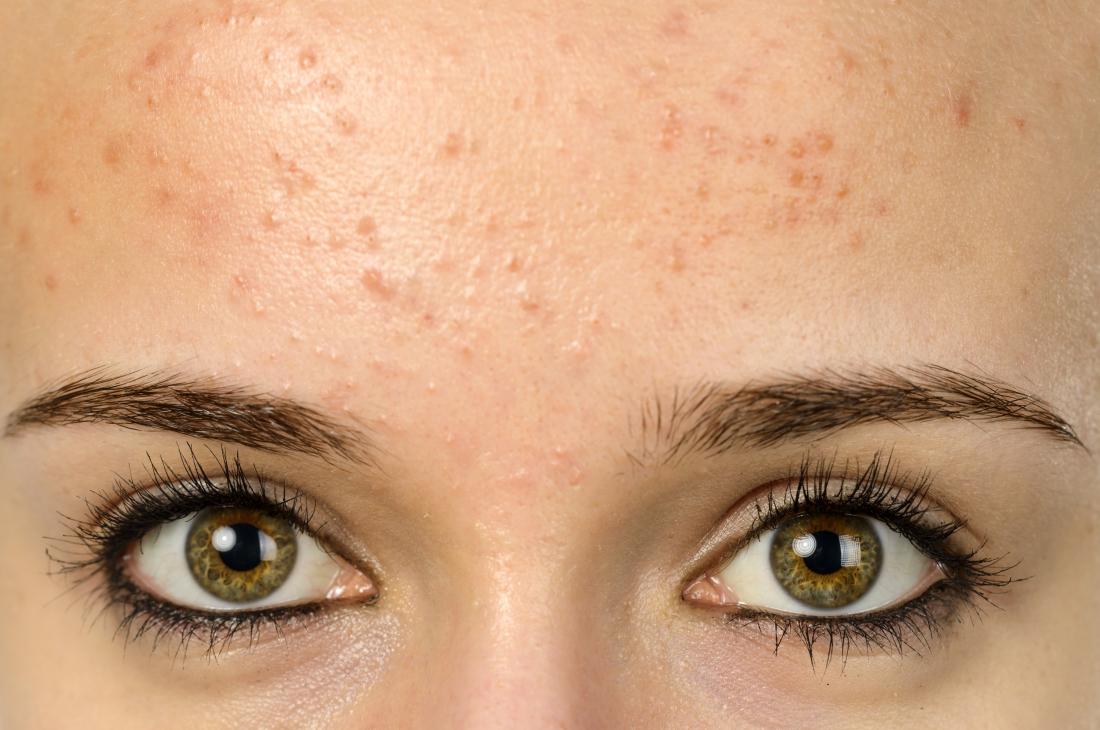Today We Clear that This Topic’Cause of the Pimples on My Face’- Dealing with pimples on your face can be a frustrating and embarrassing experience. Whether you’re a teenager going through puberty or an adult experiencing hormonal changes, understanding the causes of pimples can help you manage and prevent them. In this article, we’ll explore the common culprits behind facial pimples and provide effective remedies and prevention tips to help you achieve clear, healthy skin.

Credit: www.medicalnewstoday.com
1. Hormonal Changes
Hormonal fluctuations play a significant role in the development of pimples. During puberty, increased androgen levels can lead to the overproduction of sebum, an oily substance that clogs pores and promotes bacterial growth. Adults may also experience hormonal acne during menstruation, pregnancy, or menopause.
Remedy:
For mild hormonal acne, over-the-counter products containing benzoyl peroxide or salicylic acid can help reduce excess oil and unclog pores. In more severe cases, a dermatologist may recommend prescription medication such as oral contraceptives or spironolactone to regulate hormone levels and minimize breakouts.
2. Poor Skincare Habits
Inadequate cleansing and skincare practices can contribute to the formation of pimples. Failure to remove makeup, sweat, and environmental pollutants from the skin can lead to clogged pores and bacterial growth, resulting in acne outbreaks.
Remedy:
Establish a consistent skincare routine that includes gentle cleansing, exfoliation, and moisturizing. Choose non-comedogenic (non-pore-clogging) products and avoid harsh scrubbing that can irritate the skin. Remember to remove makeup before bed and cleanse your face after sweating to prevent breakouts.
3. Dietary Factors
While the relationship between diet and acne is still a topic of debate, certain foods and beverages may exacerbate or trigger pimple formation in some individuals. High-glycemic foods, dairy products, and foods rich in saturated fats have been associated with an increased risk of developing acne.
Remedy:
Consider incorporating more fruits, vegetables, and whole grains into your diet while reducing your intake of processed and sugary foods. Stay hydrated by drinking plenty of water and limit your consumption of dairy if you suspect it may be contributing to your acne breakouts.
4. Stress and Anxiety
Psychological stress and anxiety can stimulate the production of cortisol, a hormone that can trigger oil production and inflammation in the skin. Chronic stress may weaken the immune system, making the skin more susceptible to acne-causing bacteria.
Remedy:
Practicing stress-reducing activities such as meditation, deep breathing exercises, yoga, or spending time in nature can help alleviate stress and promote emotional well-being, which may in turn improve the condition of your skin.
5. Genetics
Genetic predisposition can also influence an individual’s susceptibility to acne. If your parents or close relatives have a history of acne, you may be more likely to experience it as well.
Remedy:
While you cannot change your genetic makeup, being aware of your family history can prompt you to be proactive in managing your skincare routine and seeking professional advice if needed.
6. Environmental Factors
Exposure to environmental pollutants, UV radiation, and harsh climates can contribute to skin inflammation and acne development. Dirty cell phones, pillowcases, and makeup brushes can also harbor bacteria and contribute to facial breakouts.
Remedy:
Protect your skin from sun damage by wearing sunscreen and minimizing exposure to air pollution and environmental toxins. Additionally, regularly clean items that come into contact with your face, such as your phone and bedding, to reduce bacterial contamination.
Frequently Asked Questions Of Cause Of The Pimples On My Face
What Are The Common Causes Of Pimples On The Face?
Pimples can occur due to excess oil production, clogged pores, bacteria, hormonal changes, or stress.
How Can I Prevent Pimples From Appearing On My Face?
Maintaining a regular skincare routine, avoiding touching your face frequently, and keeping your hair clean can help prevent pimples.
What Diet And Lifestyle Changes Can Help Reduce Pimples?
Eating a balanced diet, staying hydrated, getting regular exercise, and managing stress can contribute to reducing pimples.
Is It Important To Consult A Dermatologist For Pimple Treatment?
Consulting a dermatologist is crucial for personalized skincare advice and effective treatment for persistent or severe pimple issues.
Conclusion
Understanding the causes of pimples on your face and implementing appropriate remedies and preventative measures can help you achieve clearer, healthier skin. By addressing hormonal imbalances, improving skincare habits, considering dietary influences, managing stress, acknowledging genetic factors, and minimizing environmental exposures, you can effectively combat and prevent facial pimples.
Remember that consistent and personalized care is key to addressing your unique skin concerns and consulting with a dermatologist can provide tailored solutions for your acne-related issues.

2 thoughts on “Cause of the Pimples on My Face- Effective Prevention Strategies”